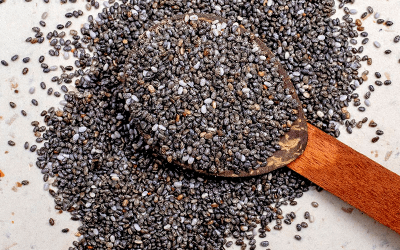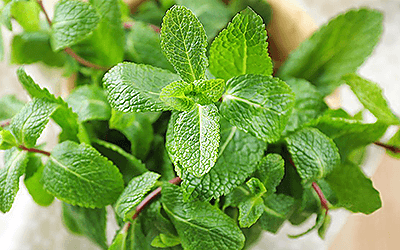Oxidative stress, an imbalance between free radicals and antioxidants, plays a major role in various skin conditions like premature aging and inflammation. The skin, as the body's primary barrier, relies on a robust antioxidant network to mitigate this damage. While it has its own endogenous antioxidants, supplementing with exogenous ones can further fortify its defenses.
Green tea, a well-known source of polyphenolic compounds, has been extensively studied for its systemic health benefits.1 However, limited research has examined green tea's benefits for skin, particularly in enhancing its antioxidant capacity.
The Study
This randomized controlled trial involved 32 participants who met strict inclusion criteria to ensure consistent baseline skin health and antioxidant levels. The study aimed to investigate the cutaneous effects of two popular green tea varieties: Benifuuki and Yabukita.
Benifuuki tea is notable for its high content of methylated catechins, which are believed to be more bioavailable than the catechins found in traditional green tea varieties like Yabukita.
Participants were divided into three groups:
- Group 1: Drinking Benifuuki tea
- Group 2: Drinking Yabukita tea
- Control group: Drinking water
Each intervention group consumed three cups of their assigned beverage daily for two weeks.
Electron paramagnetic resonance (EPR) spectroscopy, a precise method for measuring radical scavenging activity, was used to assess the skin's antioxidant capacity before and after the intervention.
The Results
The study revealed a significant increase (28% and 29%) in the radical scavenging activity of the skin in both tea-drinking groups compared to the control group, which demonstrated no notable change in skin antioxidant activity.
Contrary to expectations, the performance of Benifuuki tea was not significantly superior to that of Yabukita tea, despite its enhanced bioavailability. This suggests that the general antioxidant properties of green tea, rather than the specific catechin profile, are responsible for these effects.
What Does this Mean?
This study provides evidence that green tea can enhance the skin's defense against oxidative stress. The observed improvement in radical scavenging activity suggests that regular consumption of green tea can bolster the skin's antioxidant network, offering a non-invasive strategy for skin health maintenance.
Incorporating green tea into a daily routine is an accessible and enjoyable approach to supporting skin health. These findings may also encourage further exploration of green tea's topical applications, which could provide additional antioxidant benefits directly to the skin.
Other foods, such as turmeric, aloe vera, and blueberries, are also known for their skin-supportive properties and may complement green tea in a holistic approach to skin health.
Sources
- Skin Pharmacology and Physiology, A randomized controlled trial of green tea beverages on the vivo Radical Scavenging Activity in Human Study, 2017
Footnotes:
- National Center for Complementary and Integrative Health. (2020). Green Tea. Retrieved December 19, 2024, from https://www.nccih.nih.gov/health/green-tea




